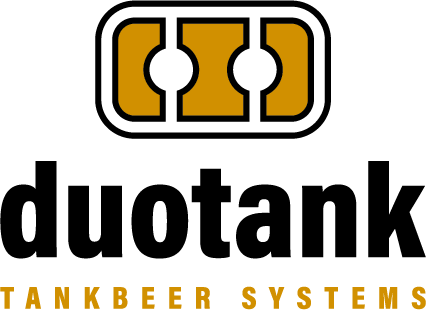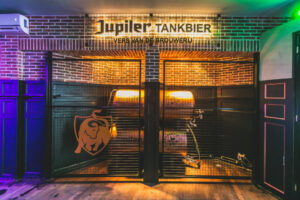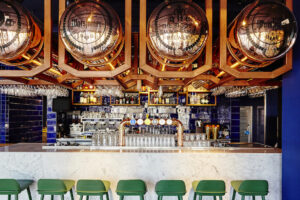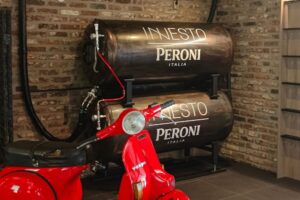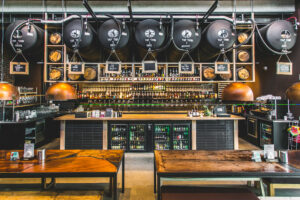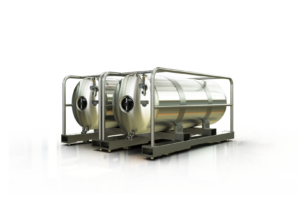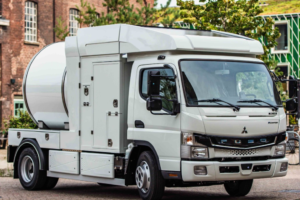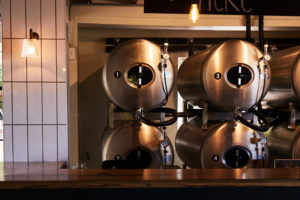As a brewer, you want to make sure your customers get the optimum experience when they order your beer in a bar.
Tankbeer systems use tanks that are used in combination with pressurized air. This makes the beer tanks classified as pressure vessels, and thus requiring certification under the Pressure Equipment Directive (PED). In this blog we explain what this directive covers and why it matters that Duotank beer tanks follow the rules set out.
What is PED?
The Pressure Equipment Directive (PED), formally known as Directive 2014/68/EU, is a piece of European legislation that sets out the rules for the design, manufacture, and conformity of pressure equipment and assemblies. It applies to equipment that operates under pressure greater than 0.5 bar. As Duotank tankbeer systems operate under pressure of up to 4 bar, they automatically need to follow PED legislation.
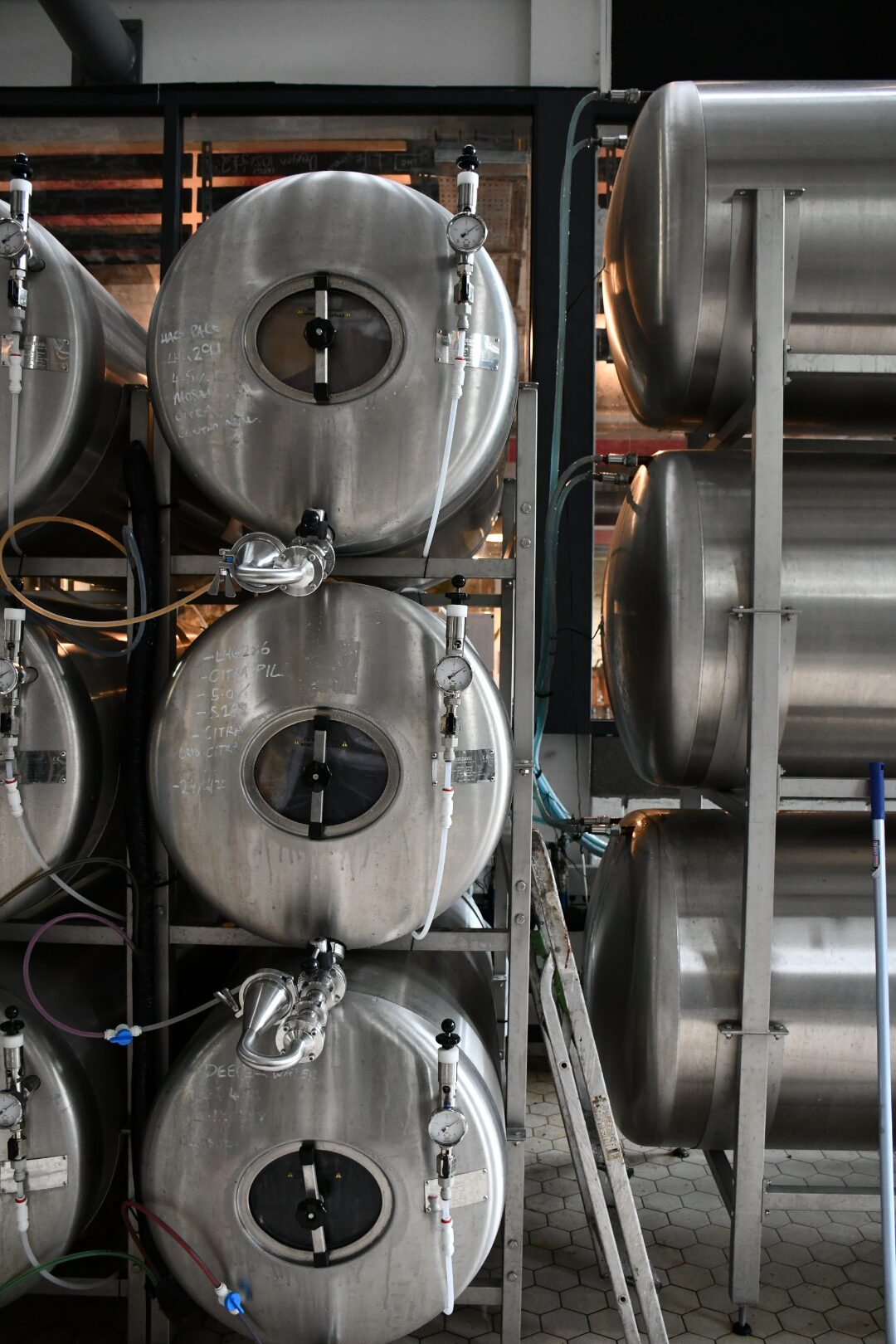
Manufacturers
Manufacturers must follow a conformity assessment procedure before placing pressure equipment on the market. This process ensures that the equipment complies with the essential safety requirements of the PED. The PED classifies pressure equipment into different risk categories, based on the potential hazards the equipment might present. These categories are determined by factors such as: maximum pressure, volume or dimensions of the equipment, operating temperature and the nature of the contents (hazardous or non-hazardous).
The categories range from Category I to Category IV. Depending on the category, the assessment process can vary from self-certification by the manufacturer (for low-risk equipment) to mandatory inspection by a Notified Body (for high-risk equipment). The tanks manufactured by Duotank are constructed under the self-certification rules, as Duotank is approved by this by a Notified Body. To maintain this approval, Duotank is audited annually in combination with the ISO 9001:2015 quality certification.
Once pressure equipment complies with the PED, the manufacturer must affix the CE marking to it. This marking signifies that the product meets European standards for safety, health, and environmental protection. It is mandatory for placing the product on the European market.
Safety
The PED includes a set of essential safety requirements that pressure equipment must meet. These cover aspects such as: strength and durability of materials, safety of design and construction, installation and maintenance requirements and safety systems like emergency valves and safety instruments.
Tankbeer systems make use of safety valves. In their own turn, the safety valves fall under a separate PED certification, to ensure a completely closed net of certifications.
By closely following the regulations set out under PED, Duotank ensures that the tankbeer system is completely safe to use. To underline, all products that are covered under the PED, receive an unique certificated, based on the individual serial number for that product. This way, also the end-user has all the necessary evidence to show local authorities that the system they are using adheres to all required safety regulations.
Recent articles
Blog: comparing single-wall and double-wall beer tanks
As a brewer, you want to make sure your customers get the optimum experience when they order your beer in a bar.
Blog: Why Tankbeer Systems Are the Sustainable Choice for Breweries
As a brewer, you want to make sure your customers get the optimum experience when they order your beer in a bar.
Blog: Filling your beer tank; the do’s and don’ts
As a brewer, you want to make sure your customers get the optimum experience when they order your beer in a bar.
Blog: your first tankbeer installation and how Duotank will help you
As a brewer, you want to make sure your customers get the optimum experience when they order your beer in a bar.
Blog: tankbeer systems for stadiums and concert halls
As a brewer, you want to make sure your customers get the optimum experience when they order your beer in a bar.
Blog: understanding how a tankbeer systems keeps beer at the right temperature
As a brewer, you want to make sure your customers get the optimum experience when they order your beer in a bar.
Blog: Tankbeer transport: finding the right set-up for your unique situation
As a brewer, you want to make sure your customers get the optimum experience when they order your beer in a bar.
Blog: Using compressed air instead CO2
As a brewer, you want to make sure your customers get the optimum experience when they order your beer in a bar.
Blog: Deconstructing a beer tank and how they work
As a brewer, you want to make sure your customers get the optimum experience when they order your beer in a bar.
